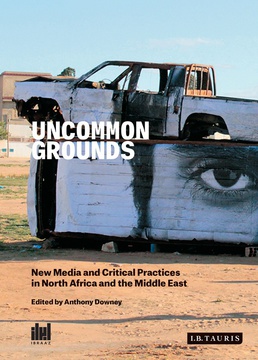The Internet Freedom Fallacy and Arab Digital Activism
This article focuses on grassroots digital activism in the Arab world and the risks of what seems to be an inevitable collusion with U.S foreign policy and interests. It sums up the most important elements of the conversation I have been having for the last two years with many actors involved in defending online free speech and the use of technology for social and political change. While the main focus is Arab digital activism, I have made sure to include similar concerns raised by activists and online free speech advocates from other parts of the world, such as China, Thailand, and Iran.
Read


